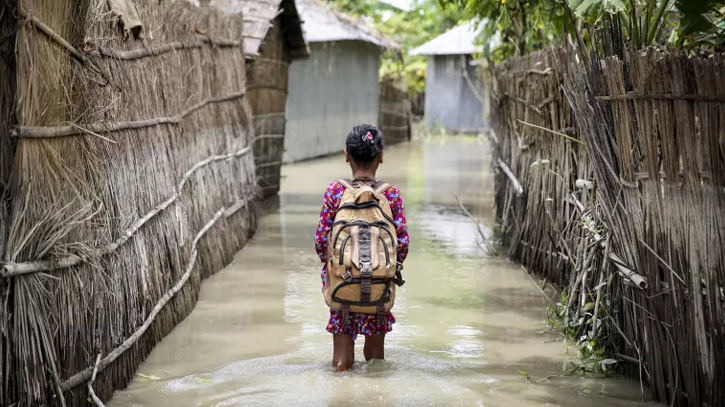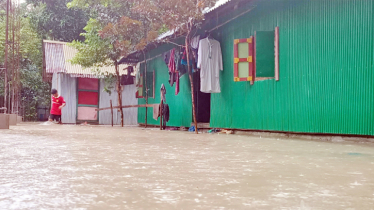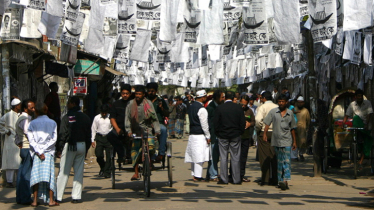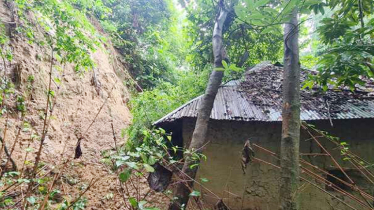
Photo : Collected
In damning report of the International Centre for Climate Change and Development (ICCCAD) and the reputed Bangladesh University of Engineering and Technology (BUET) highlights the exacerbating of climate vulnerabilities and the cascading effects on people's lives, livelihoods and properties.
There is no denying that Bangladesh has been on the front lines climate change for decades, repeatedly confronting heat waves, tropical cyclones, floods and droughts.
Sea level rise in the Bay of Bengal is likely to displace nearly one million people from the southern coastal region of Bangladesh by 2050.
What is more frightening is that by the end of the century, the situation will be even worse, as between 12 per cent and 18 per cent of Bangladesh's coastal region is projected to be submerged by rising seas.
The climate crisis will have devastating consequences for vital food crops, and more people will be forced to leave their homes.
Environment, Forest & Climate Change Minister, Saber Hossain Chowdhury, MP, emphasised during COP28 that due to Bangladesh's geographical position, the country is experiencing devastating floods, depletion of groundwater sources, sea level rise, and the intrusion of salinity in the coastal region.
The country experiences severe cold in winter and extreme heat in the summer, caused by climate change. Between 2000 and 2019, the country experienced 185 extreme weather events, making it the seventh most vulnerable to climate change. In June 2023, temperatures surpassed 40 degrees Celsius during a prolonged heat wave.
Sea levels around South Asia will continue to rise over the 21st century, increasing flooding in low-lying Bangladesh. This will devastate vital food crops, forcing more people to leave their homes.
It is indeed alarming that the climate crisis has already threatened the ecosystems, livelihoods, infrastructure and food security. The recent rise in heat waves exposes workers to heat stress, costing lives and reducing productivity.
The ICCCAD report lauds Bangladesh as a pioneering least-developed country in adaptation and resilience. The adaptation policies and local initiatives have saved many lives and livelihoods and averted the worst impacts of climate change.
The reduction in loss of lives and livestock is attributed to other national initiatives, such as community-based early warning systems, strengthening of polders, coastal afforestation and elevated housing, which have reduced the human cost and damage of extreme weather events.
The government’s investment in the last few decades in saline-tolerant rice varieties, floating agriculture in regions that suffer flooding, and water-saving technologies in drought-prone areas to help safeguard food security in the face of increasingly extreme weather.
The environmentalists urged that the government should invest more in the climate crisis. Adequate allocation of funds for adaptation and resilience in the coastal region should be made on priority.
Messenger/Disha








